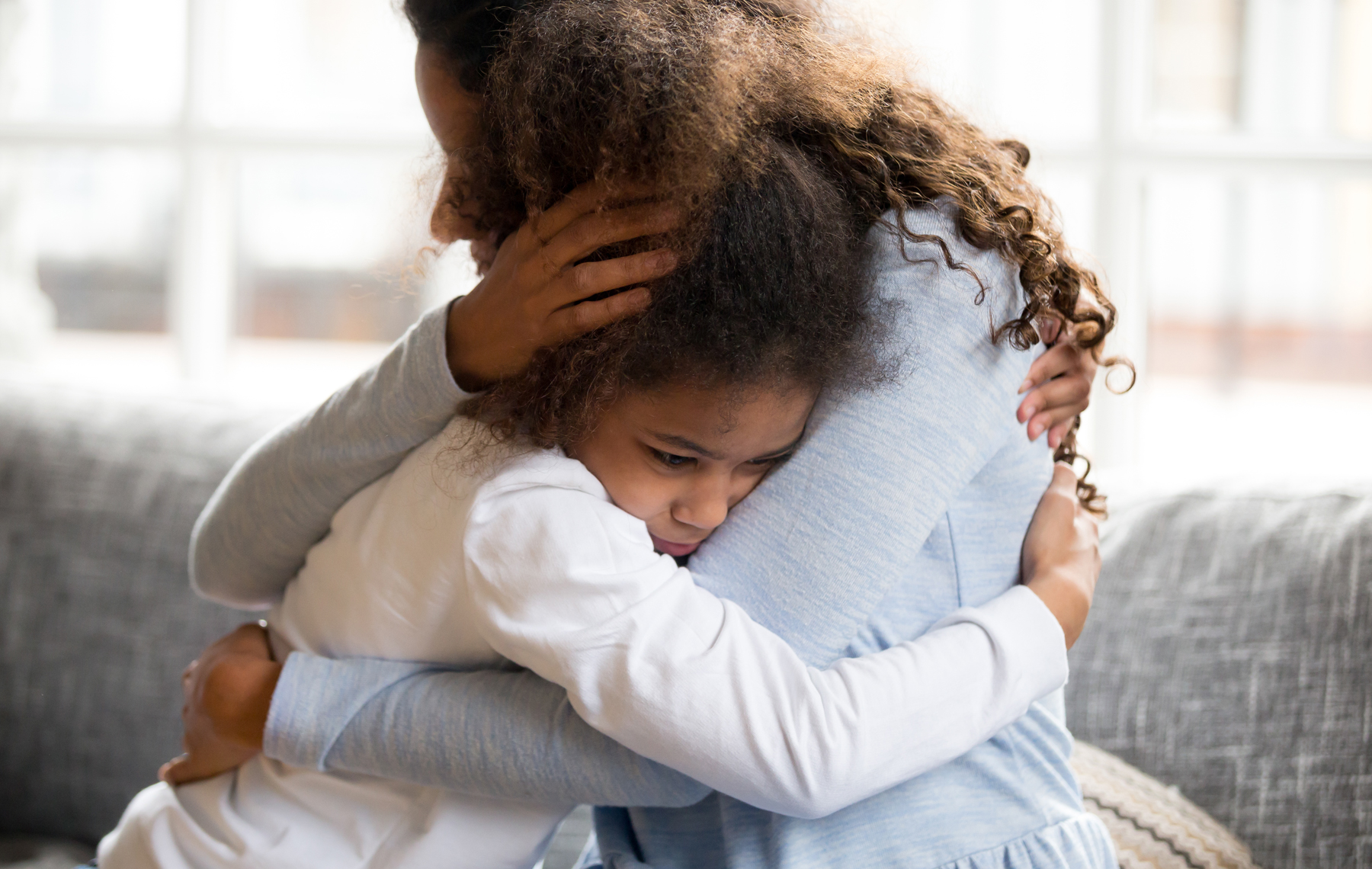Latest News
How to Support Your Childs Mental Health

Childs Mental Health
Mental health in children refers to the overall wellness of thinking, regulating feelings, and behavior. A mental health child functions well at school, home, and in community activities and has a positive quality of life. Irvine child mental health can be defined by gender or genetic factors. However, conditions directly affecting your child, like family and society happenings can impact your child’s mental health. Depression and anxiety are the leading causes of mental problems. You can contribute to developing good mental health in your children by:
Give positive feedback and encouragement
Always give your children positive feedback on the activities done at home or away. Positive comments increase confidence and pride and remain in the minds for an extended period. If your child has a problem doing an activity or learning in school, encouragement of better performance next time can prevent low self-esteem. You can also teach your child ways to correct a mistake. Encouraging positive behaviors in your child will create a repetitive action.
Regularly talk about emotions and feelings
Your kids will learn about behaviors and emotions by watching your actions. Try to discuss your feelings in your daily activities with your child. In cases where you had frustrations or stress, explain how you handled the situations to your child. Your kid will know that feelings are normal and learn how to manage them. You can also seek emotions affecting your child and provide solutions.
Involve your children in decision making
As a parent, you feel you know your child’s needs better, leaving your kid out when making decisions. Although it is best for a parent to make a final decision, involving your child is essential. Including your children pushes them to feel valued and heard. Decision-making improves your child’s confidence and creativity when carrying out daily activities at home, school, or social gatherings. You will find your children giving polite opinions on what to cook or the chores to do.
Watch for your child’s behavior change
Children will typically change behaviors during different developmental stages. However, you may notice your child excessively isolating or withdrawing from friends, family, or routine activities, which can signify an abnormal situation. Find out the problem your child is going through and develop a solution. Ensure your child acknowledges you are there, listen and support all conditions in the entire life.
Come up with clear routines and boundaries at home
Setting a program for house chores and engagements in the house can prevent your child’s idleness, stress, and anxiety. A regular program provides relief and peace of mind to your child. You can plan physical activities or related events like watching educational movies in between chores to encourage your kids. Creating boundaries and your children knowing what you expect reduces feelings of frustration from you and the kids.
Supporting your child’s physical and emotional needs will effectively boost mental well-being. If your kid is struggling with mental disorder symptoms like anxiety and depression and you have exhausted your means of solutions, seek medical help. Schedule an appointment at Americas TMS Center to diagnose and treat problems affecting your child’s mental health.
Sebastian was born and raised in the busy city of Abbottabad. As a journalist, Saad Mushtaq has contributed to many online publications including the PAK Today and the Huffing Post. In regards to academics, Saad Mushtaq earned a degree in business from the Abbottabad UST, Havelian. Saad Mushtaq follows the money and covers all aspects of emerging tech here at The Hear Up.Thanks










